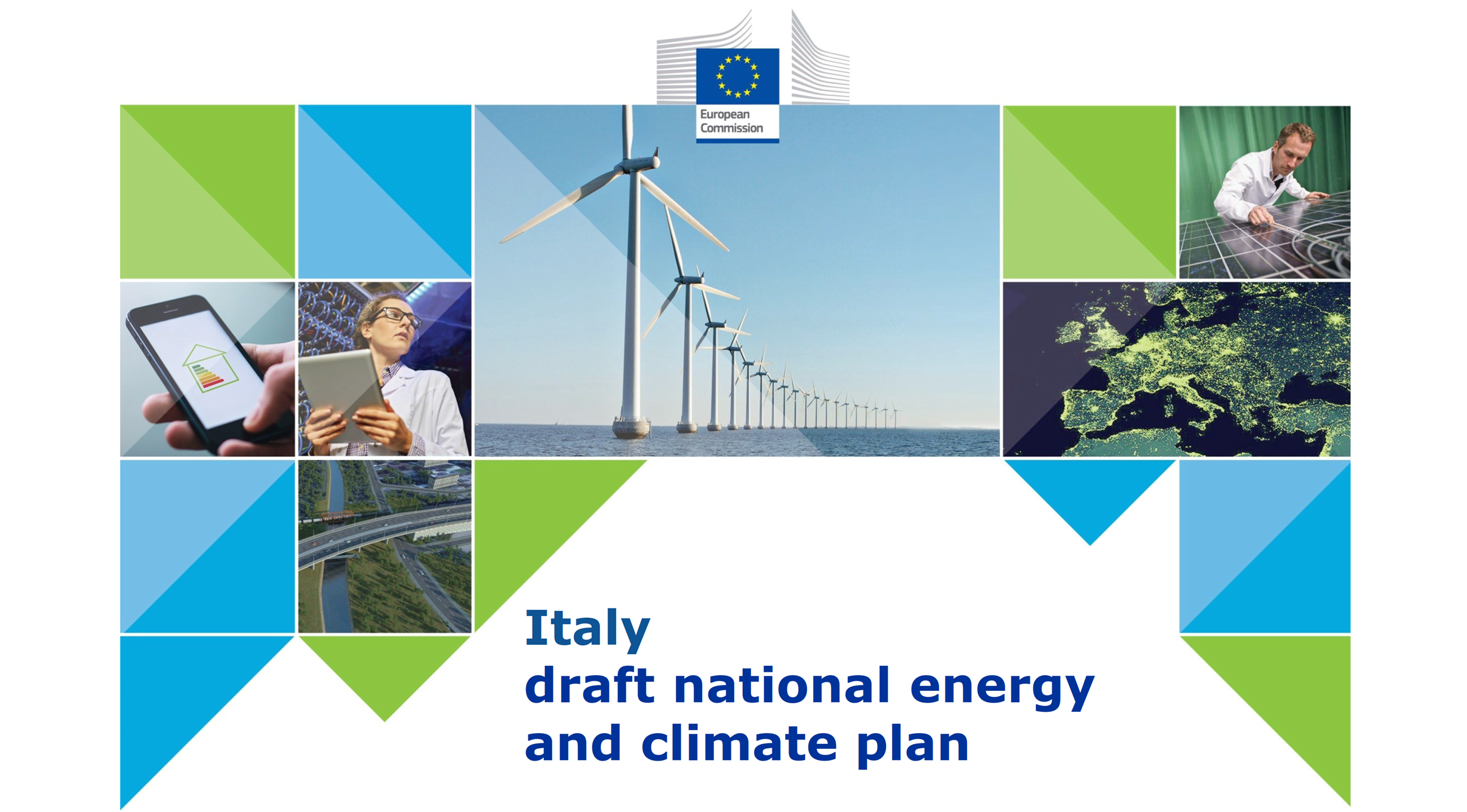
Two recent strategic government documents outline a policy on the development of small scale LNG:
NECP - Integrated National Energy and Climate Plan

The first is one is the proposal for the Integrated National Energy and Climate Plan (NECP), requested by the European Commission to all member countries. In 2019 all the Plans will be evaluated and changes may be requested. The goal is to arrive in 2020 to a shared European energy policy targeted to 2030 with precise objectives for the development of renewable sources, energy efficiency and the reduction of polluting emissions. Undersecretary Davide Crippa has also announced a public consultation via a dedicated website.
The document, elaborated by MISE with the Ministries of Environment and Infrastructures, has been summarized and illustrated (here) to the technician working Group in Brussels last 29 and 30 January. Once again was confirmed the general objectives in the context of the energy transition: emissions (-33%), renewable sources (30%), efficiency (-51.4 mln toe), LNG for the diversification of energy sources.
For small scale LNG sector, NECP confirms the National Strategic Framework attached to Legislative Decree 257/2016 DAFI, (here) regarding the construction of the needed infrastructures for road and maritime transport sectors (primary deposits, coastal deposits, service stations, sea sulfur content reduction to 0.1%, Sardinian methanisation, incentive policy, mandates for new public transport vehicles) .
The Plan also provides tax exemption for the construction of deposits and/or LNG distributors in the ports; reduction of port tariffs for LNG ships; an agreement with the EU on financing the construction of LNG deposits and vehicles; incentive measures for LNG shipbuilding.
Particularly relevant was the theme of tax exemption for LNG in transport sector: "Assure a stable reference framework to favor investment decisions by the industrial sector providing that the excise duties on natural gas, LNG included, used in transport sector remain stable on the current value".
DEASP - Environmental Energy Planning Documents of the Port Systems

Another important issue for the deployment of small scale LNG is the recent Decree of the Ministry of Infrastructures and Transport, in agreement with the Ministry of the Environment, titled Guidelines for the drafting of Environmental Energy Planning Documents of the Port Systems DEASP (here). The Decree, published in the Official Gazette of December 29, 2018, includes the implementation of LNG for the power supply of ships and the need to prepare the related infrastructures (also the use of LNG for other port activities in place of more polluting fuels).
A reference for the use of LNG also for the docks electrification is contained, as part of the strategy to reduce CO2 emissions in port logistics (handling vehicles), there is the replacement of current vehicles (reachstacker, tractors, mobile cranes) with others powered by alternative fuels such as LNG (experiments in this sense are already successfully carried out in the past few years in the port of Livorno by Ecomotive Solution).
The implementation of the DAFI Directive in Italy and in Europe together with the development of LNG in maritime transport and port activities will be discussed in depth in Naples on May 15th and 16th during the 5th International Conference on Small Scale LNG, promoted by ConferenzaGNL, an initiative owned by Mirumir.
Source: ConferenzaGNL EN
EN  it
it

